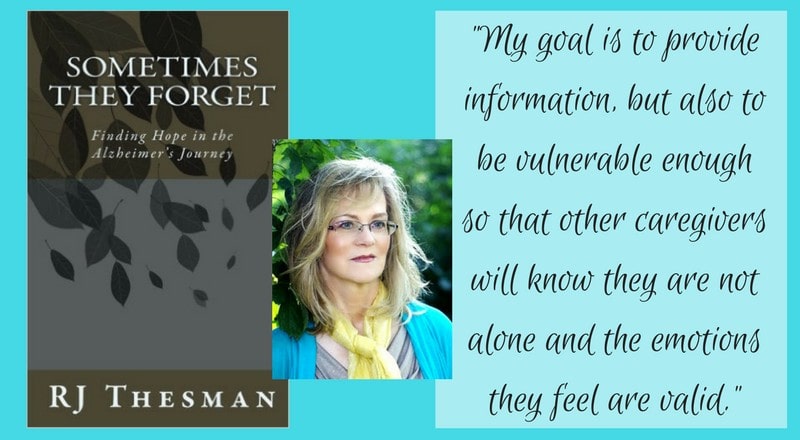How a Long-Distance Caregiver Learns to Cope
When the memory thief first visited our family, we didn’t think much about it. Mom was, after all, fully capable of caring for herself and she was in good health.
But gradually, ever so subtly, the memory thief began to take from her the basics of life: where she stored her pots and pans, how to read a recipe and produce the finished product, how to find her way home from the grocery store.
The resulting prognosis surprised and challenged us. Alzheimer’s Disease plus an inoperable brain tumor – no cure, no solutions. Mom could no longer stay in her home.
My siblings and I worked together, hoping for an easy transition, but Mom has always been an independent, stubborn woman. It was the doctor who had to be the bad guy as we took away her car keys, “The doctor says you can no longer drive,” then as we found a beautiful assisted living facility, “The doctor says you cannot live alone.”
We are now four years into the process. Assisted living has become Mom’s new normal and we are prepared for the final stages of Alzheimer’s Disease.
How do the children and grandchildren acclimate to this new normal? How can we somehow learn to cope with what has happened to the matriarch of our family?
As the long-distance caregiver, I found my coping skills through writing: filling my journals, using my blog posts for therapy and writing the Reverend G trilogy – http://amzn.to/1rXlCyh.
But I needed more of a mechanism to record the research I found and the practical tips we learned about Alzheimer’s. My background in nonfiction writing and essays provided the perfect medium to help me process my emotions.
So I continued to write, creating an online support group of other caregivers and empathic souls who prayed for my family. Then I compiled my posts into a collection of essays and meditations, designed specifically to provide hope for caregivers.
The result is my new book, Sometimes They Forget – Finding Hope in the Alzheimer’s Journey.
From the brief history of our family, to the explanation of how I found hope in the cemetery, to practical tips for caregivers and lessons about patience – Sometimes They Forget – Finding Hope in the Alzheimer’s Journey has become my new forum for describing my journey through this brutal disease.
Within a few hours of the online launch, readers ordered the book, then asked me when it would appear on Kindle, assured me they wanted to write a review. Already, this book has struck a cord with readers who know a caregiver struggling with the Long Good-bye.
My goal is to provide information, but also to be vulnerable enough so that other caregivers will know they are not alone and the emotions they feel are valid.
Perhaps Sometimes They Forget – Finding Hope in the Alzheimer’s Journey will be the book that is highlighted beside the bed of an Alzheimer’s caregiver – when the 36-hour day becomes a nightmare yet the purpose of the caregiving still feels significant.
To all the caregivers and their families, hope is possible – if only we reach for it.
# # #
 Amazon: Sometimes They Forget – Finding Hope in the Alzheimer’s Journey
Amazon: Sometimes They Forget – Finding Hope in the Alzheimer’s Journey
Website: http://www.rjThesman.net
Facebook Author Page: http:www.facebook.com/RJThesman?fref=ts
Twitter: https://twitter.com/RJThesman
Linked In: https://www.linkedin.com/in/rebeccajthesman
Facebook Group: http://on.fb.me/15XgKN4
Click here to view RJ Thesman’s COVID-19 You Tube Video.




One Response
Congratulations and thank you for sharing your story.